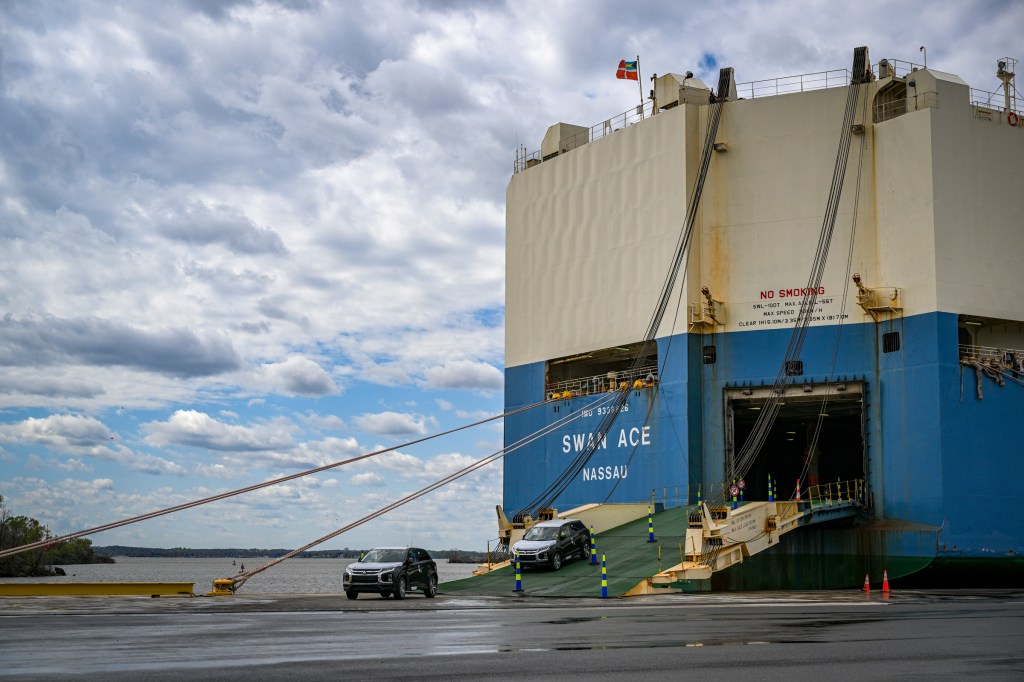Since the Francis Scott Key Bridge collapsed on March 26, shipping traffic in and out of Baltimore's port has been shut down and shipping delayed, according to a Federal Reserve report. So far, there have been no widespread price increases.
The Federal Reserve's April 17 Beige Book report said businesses can handle short-term disruptions but are concerned about prolonged shutdowns. Published eight times a year, the report provides an overview of each Federal Reserve Board's economic performance based on anecdotal reports from key business participants, economists, market experts, and other sources. Masu.
“Companies we spoke to said they could manage the short-term disruption, but faced increased lead times and costs if it took longer to reopen channels,” the Federal Reserve Bank of Richmond report said. We have expressed great concern about this.” District that includes Baltimore.
Cargo has been diverted to other ports on the East Coast since the cargo ship Dali collided with the Key Bridge, causing it to collapse and killing six construction workers.
The collapse of the Key Bridge and disruption in the Red Sea has caused some shipping delays across the country, but “has not so far led to widespread price increases,” the report said.
Port authorities opened a third temporary channel on Friday to the northeast of the collapsed bridge. Coast Guard officials say three alternative routes around the wreckage will allow about 15% of the commercial activity available before it collapses.


